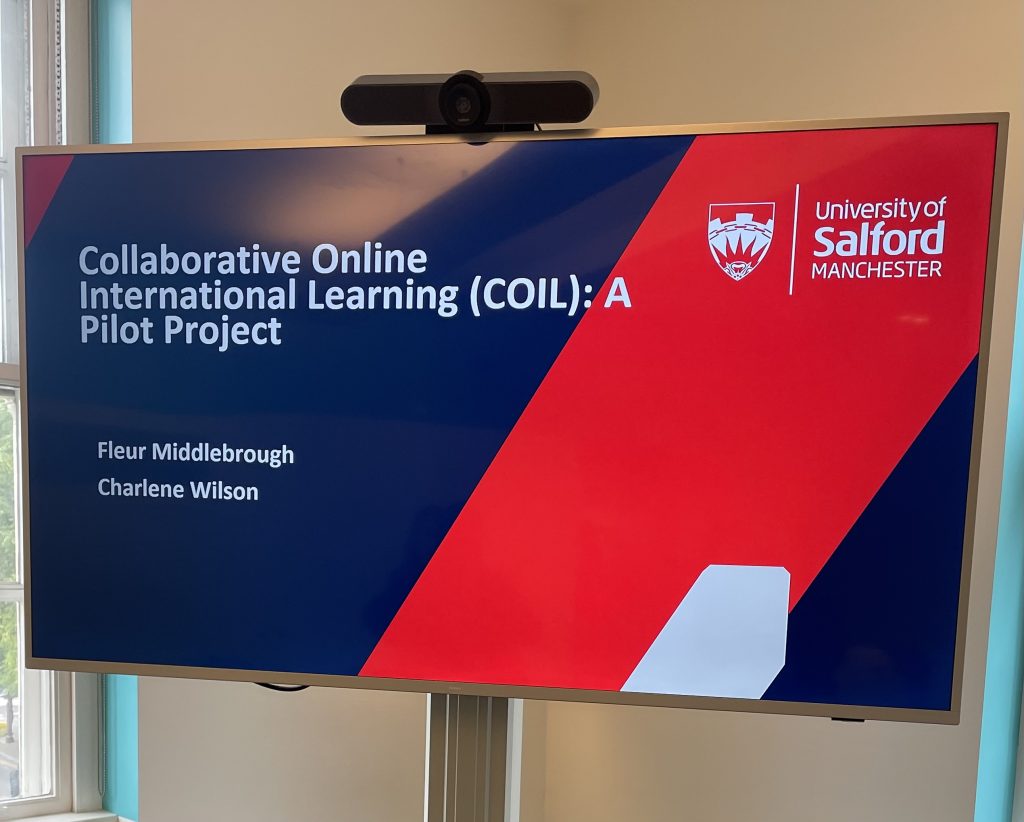The 2025 Network for Evaluating and Researching University Participation Interventions (NERUPI) Convention, held in London in September, brought together universities, practitioners, and policymakers to explore how higher education can expand access, strengthen regional collaboration, and align with the Office for Students’ (OfS) new partnership-driven agenda for widening participation.
The event provided a platform for delegates to:
- Engage with broader perspectives on regional development.
- Increase understanding of OfS intentions and requirements.
- Share successful existing partnership models.
- Explore strategies for future collaborative initiatives.
Key discussions
Keynotes set the tone. Professor Joyce Liddle (Durham University) positioned widening participation within the civic and place-based leadership role of higher education institutions (HEIs), particularly in the fragmented landscape of local growth and devolution. Professor Jane White (University of Bath) drew on decades of outreach and partnership experience to highlight both the opportunities and challenges of embedding widening participation into institutional and regional strategies.
An expert panel—including voices from Bath, Sheffield Hallam, HEPPSY UniConnect, and the Royal Academy of Engineering—offered diverse insights into how universities can align widening participation with civic missions, strengthen community ties, and ensure fairer geographic access to higher education.
Sharing practice and innovation
A defining feature of the convention was the sharing of practice, with members presenting projects that are already making an impact.

Representing Salford Business School, Fleur Middlebrough, Head of Accounting and Senior Lecturer, presented the joint research with Charlene Wilson on the use of Collaborative Online International Learning (COIL) in assessment design. Their work showed how digital, cross-cultural learning experiences can significantly enhance the learning journey of widening participation students who may not otherwise have had access to international opportunities.
By embedding COIL into the curriculum, students developed not only academic skills but also intercultural competencies and global awareness, broadening horizons and supporting employability. Fleur’s presentation illustrated that digital collaboration is more than an educational tool: it is a mechanism for creating equitable access to international opportunities, aligning directly with the goals of widening participation and social mobility.
She explained: “COIL provides a pathway for students from underrepresented backgrounds to gain authentic international opportunities without the barriers of travel or cost. It demonstrates how digital learning can be both inclusive and transformative in widening participation.”
Other presentations showcased innovations in school partnerships, staff-student collaboration for equity, micro-placements, outreach evaluation, and targeted support for underrepresented groups. Collectively, these examples highlighted the sector’s commitment to ensuring widening participation efforts remain inclusive, adaptable, and impactful in a rapidly changing higher education landscape.